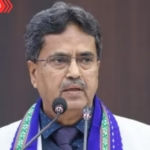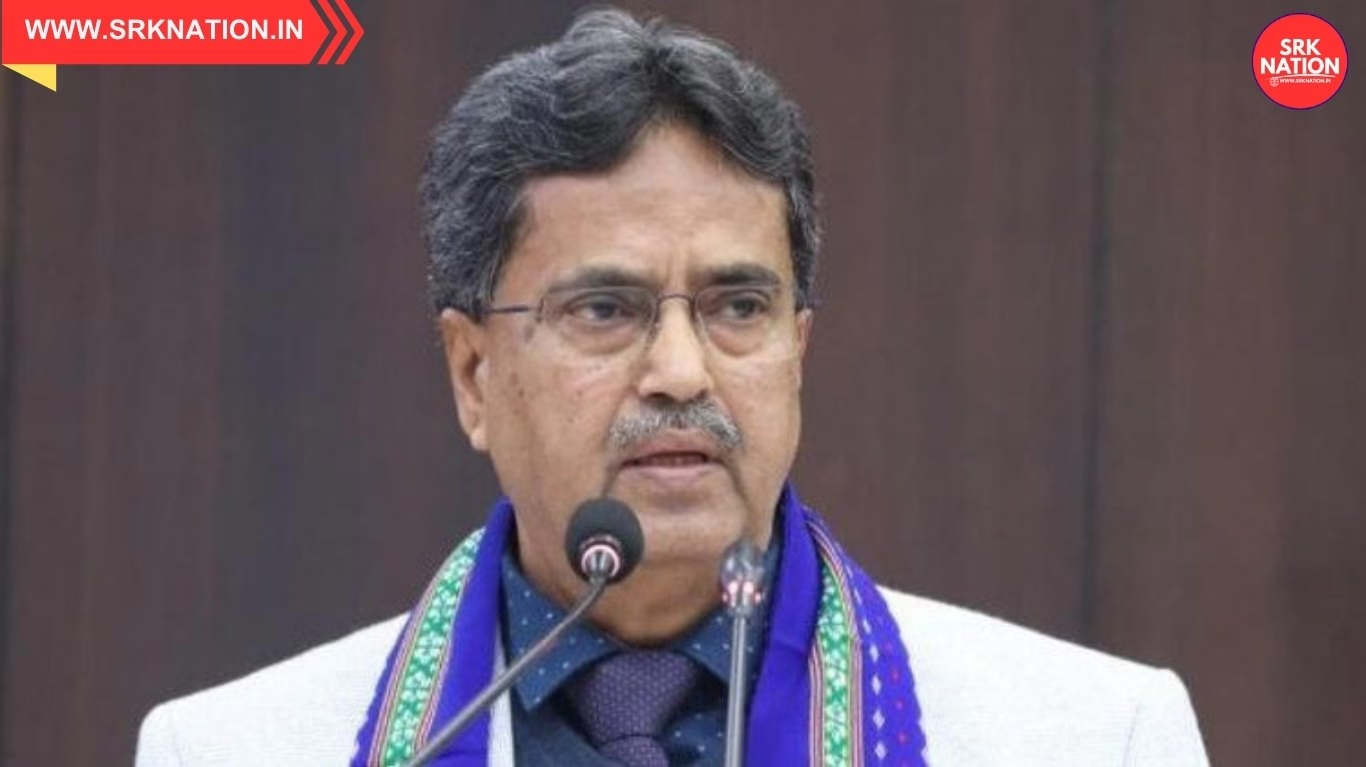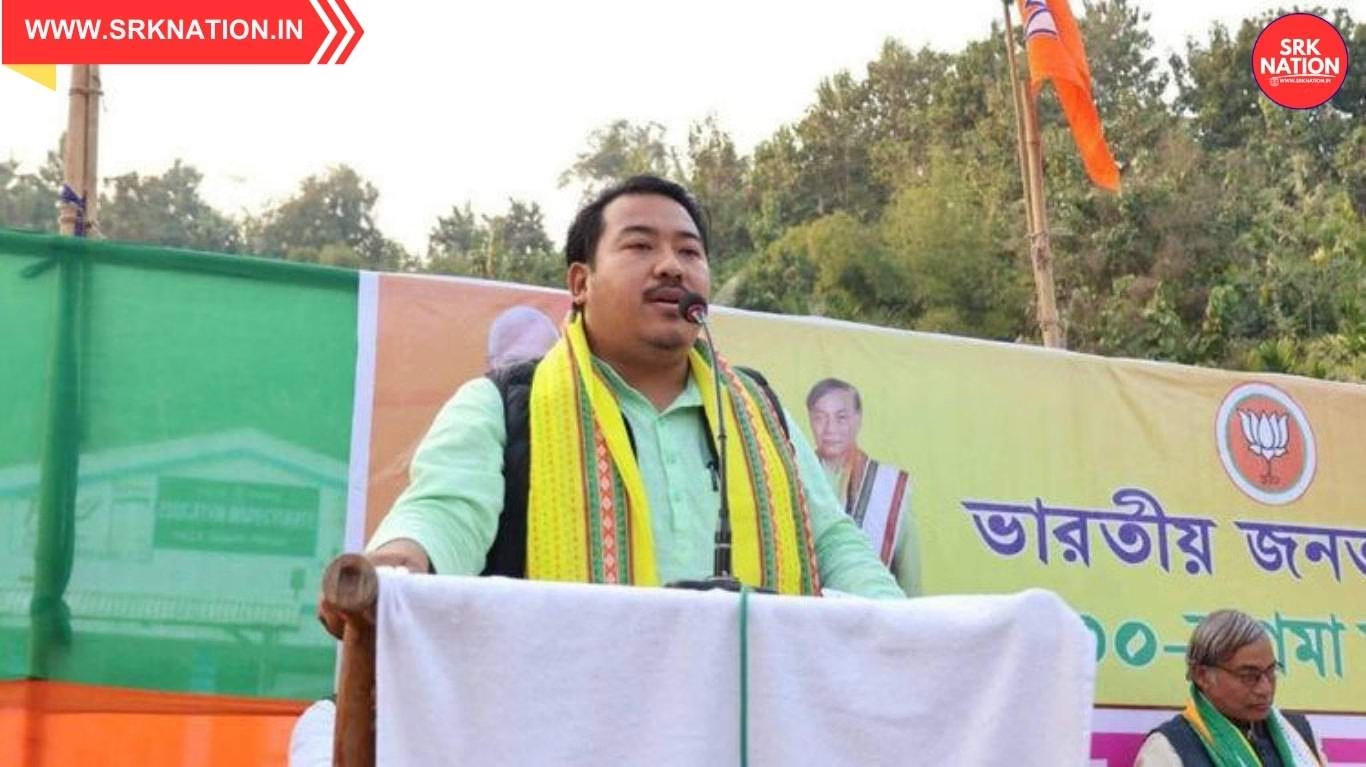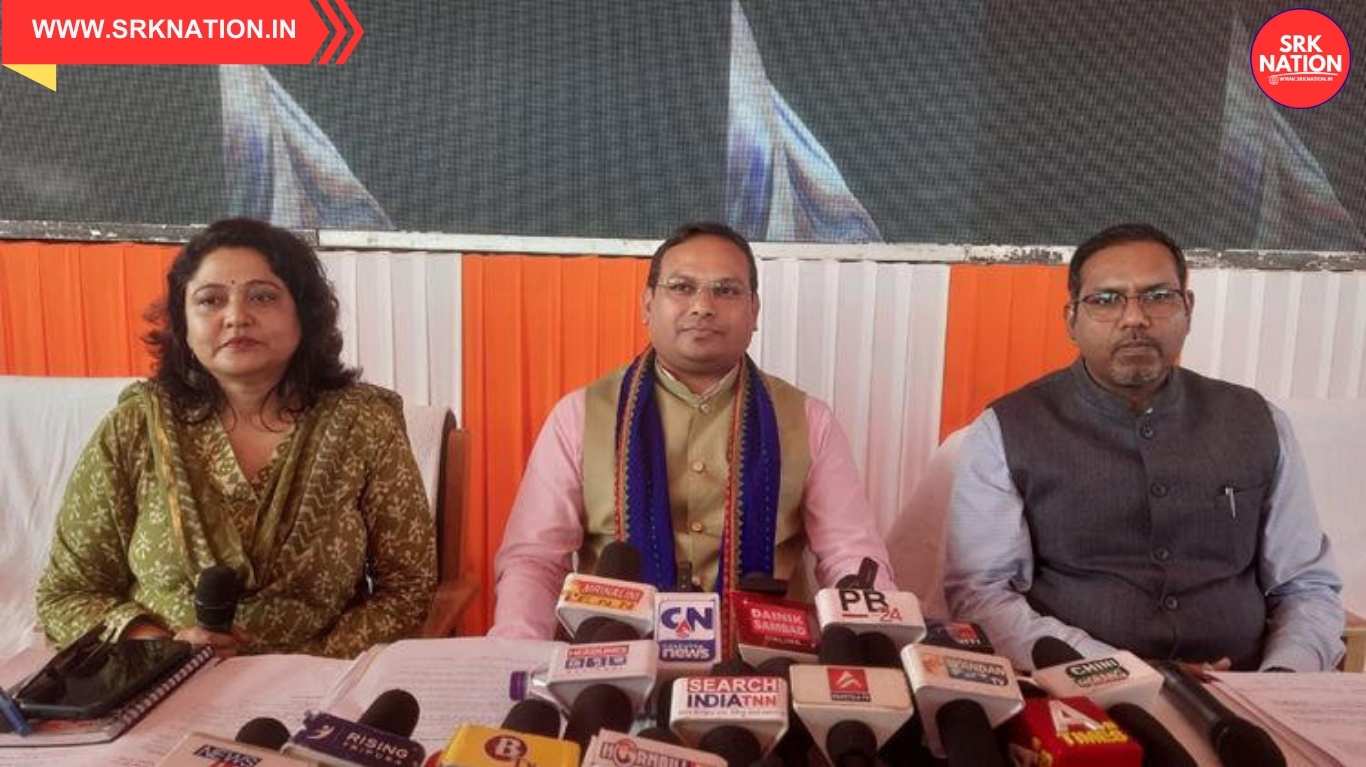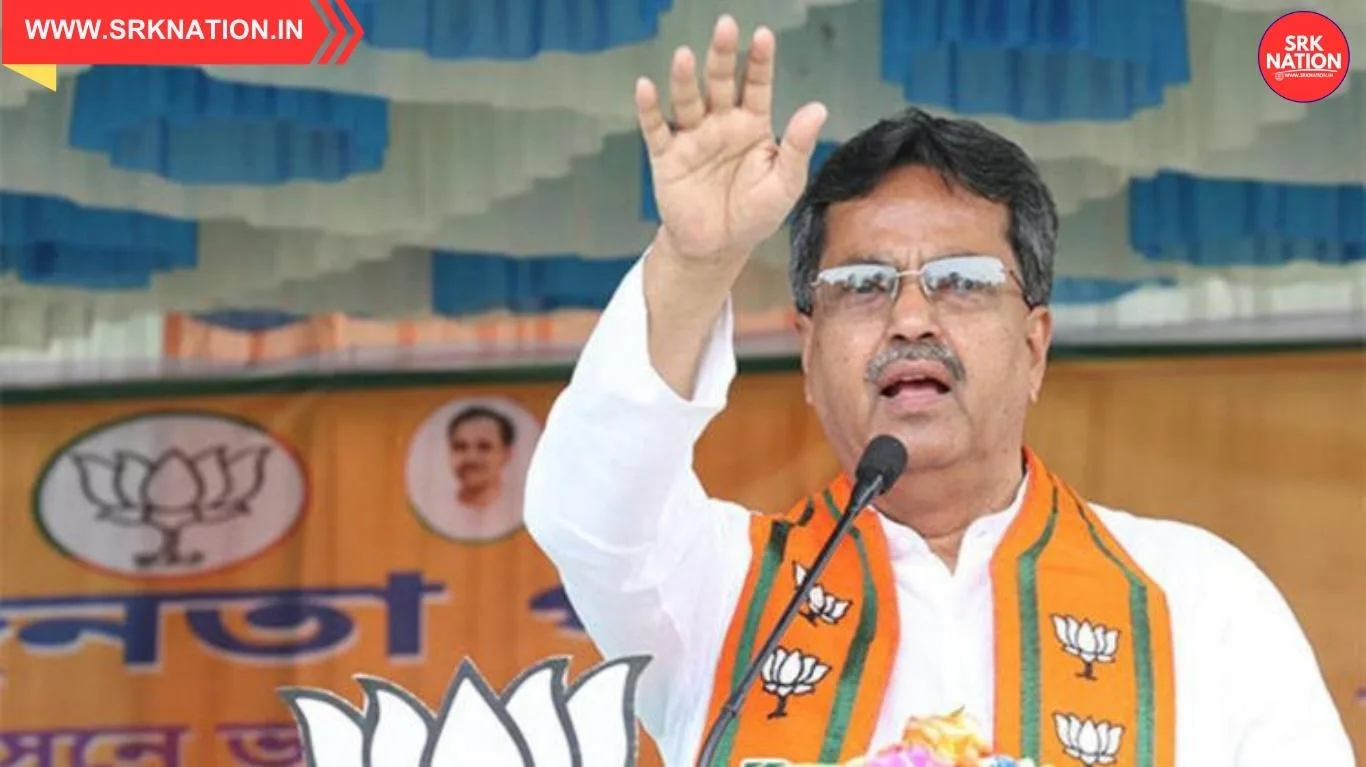In a landmark stride towards self-reliant tertiary healthcare, Tripura has successfully conducted its third kidney transplant at the Agartala Government Medical College (AGMC) and GBP Hospital, marking a significant expansion of its advanced medical care ecosystem. The successful procedure reiterates the state’s capability to deliver complex surgical interventions that were earlier accessible only in metropolitan centres.
Details Of The Latest Transplant
The third kidney transplant at AGMC was performed last week on a 36-year-old male patient suffering from end-stage renal disease. His 62-year-old mother donated the kidney under the direct supervision of AGMC’s nephrology and urology departments, led by Dr. Ayan Dey and Dr. Nirmalya Debnath.
| Key Procedure Details |
|---|
| Patient |
| Donor |
| Duration of surgery |
| Surgical team |
| Departments involved |
| Outcome |
What The Doctors Said
Dr. Ayan Dey, Nephrologist at AGMC, stated:
“This is a moment of immense pride. Our third successful transplant reinforces AGMC’s preparedness for routine kidney transplants, benefitting local patients who earlier travelled to Kolkata, Chennai, or Delhi.”
Dr. Nirmalya Debnath, Urologist, emphasised that the surgical infrastructure, transplant immunology labs, dialysis support systems, and post-operative care protocols have been significantly strengthened over the past two years to make such outcomes possible.
Tripura’s Journey In Kidney Transplants
Tripura performed its first-ever kidney transplant in December 2022, becoming the fourth state in Northeast India to achieve this milestone after Assam, Meghalaya, and Manipur. The second transplant was conducted in June 2024. These achievements are seen as a testament to the state government’s push towards tertiary healthcare infrastructure upgrades under its Vision 2030 Health Policy.
| Tripura Kidney Transplant Timeline |
|---|
| December 2022 |
| June 2024 |
| July 2025 |
Patient’s Family Reaction
The patient’s father, an employee of the state forest department, expressed relief and gratitude:
“We were planning to go to Vellore or Kolkata, which would have cost us over Rs 12 lakh. Here it cost us a fraction with government support, and we are close to home.”
Cost Advantage For Patients
While a kidney transplant in private hospitals in Kolkata, Delhi or Hyderabad ranges between Rs 8-15 lakh (including surgery, hospitalisation, and immunosuppressive therapy), AGMC has been conducting these transplants at an average patient expense of Rs 1.5-2 lakh, supported by state schemes and Ayushman Bharat coverage.
Health Department’s Commitment
Tripura’s Health Minister, Tinku Roy, congratulated the AGMC team and reiterated the government’s commitment to enhance tertiary healthcare:
“We want Tripura to become Northeast’s hub for affordable and quality healthcare. Expanding transplant capabilities is part of this vision.”
Future Plans
The state health department aims to achieve:
- Routine Monthly Transplants: Currently, transplants are done after three to four months due to limited cadaver donations and infrastructure limitations.
- Cadaver Organ Transplants: Work is ongoing with the National Organ and Tissue Transplant Organisation (NOTTO) to set up a formal cadaver organ donation registry in Tripura by 2026.
- Liver Transplant Facilities: Plans are underway to set up a liver transplant unit at AGMC in the next two years.
- Medical Equipment Upgradation: AGMC’s nephrology department will receive new dialysis machines, upgraded labs for immunosuppressive therapy monitoring, and AI-based patient management systems.
- Transplant Coordinators Training: Health department will train transplant coordinators to build community confidence in live and cadaver donations.
Why Kidney Transplants Are Crucial For Tripura
The prevalence of chronic kidney disease (CKD) is rising in Tripura due to:
- High incidence of diabetes and hypertension
- Lack of early screening and preventive nephrology
- Dependence on dialysis, which is costlier long-term compared to transplant
Doctors noted that a transplant costs less than maintaining dialysis over a five-year period and significantly improves life expectancy and quality of life.
| Dialysis Vs Transplant: Patient Economics (Approximate) |
|---|
| Dialysis (Annual) |
| Dialysis (5 years) |
| Transplant (One-time + annual meds) |
Community Awareness Drives
NGOs such as the Tripura Kidney Foundation have been organising monthly awareness camps, blood and organ donation pledge camps, and social media campaigns to counter myths around organ donation.
Key Myths Countered:
- Only young people can donate kidneys
- Donation severely hampers health of donors
- Transplants are unaffordable and unsafe
Doctors clarified that donors can lead normal lives post-recovery and undergo thorough health assessments before donation clearance.
Voices From The Medical Community
Dr. Tapasi Debbarma, President of Tripura Medical Council, commented:
“This milestone reflects coordinated public health policy, improved surgical expertise, and public trust. We now aim to make transplant a routine rather than rare event.”
State Government’s Health Vision
Tripura’s Vision 2030 Health Policy includes:
- Transforming AGMC into a Centre of Excellence for Nephrology and Transplant Surgery
- Increasing the number of nephrologists and urologists through state scholarships and direct recruitment
- Setting up a dedicated transplant ward with infection control standards matching national protocols
- Integrating telemedicine follow-ups for post-transplant care to reduce hospital congestion
Disclaimer
This article is for general informational purposes based on updates from Tripura’s Health Department, AGMC, and public statements by officials. It does not substitute medical advice. Readers are advised to consult registered healthcare professionals for organ donation and transplant-related guidance.
The success of Tripura’s third kidney transplant signals not just surgical achievement but a transformative shift in making life-saving tertiary care accessible to thousands within their home state, fostering health equity and resilience in the Northeast.

